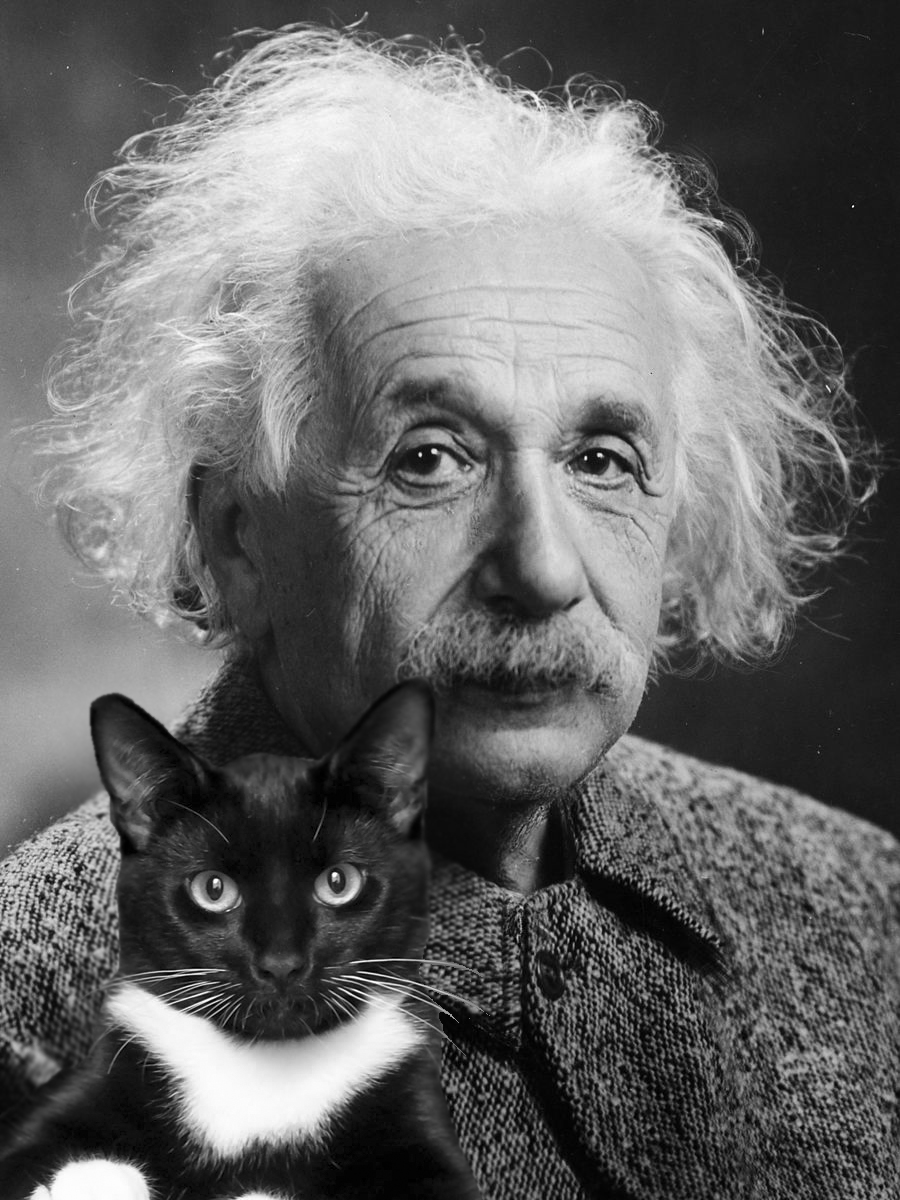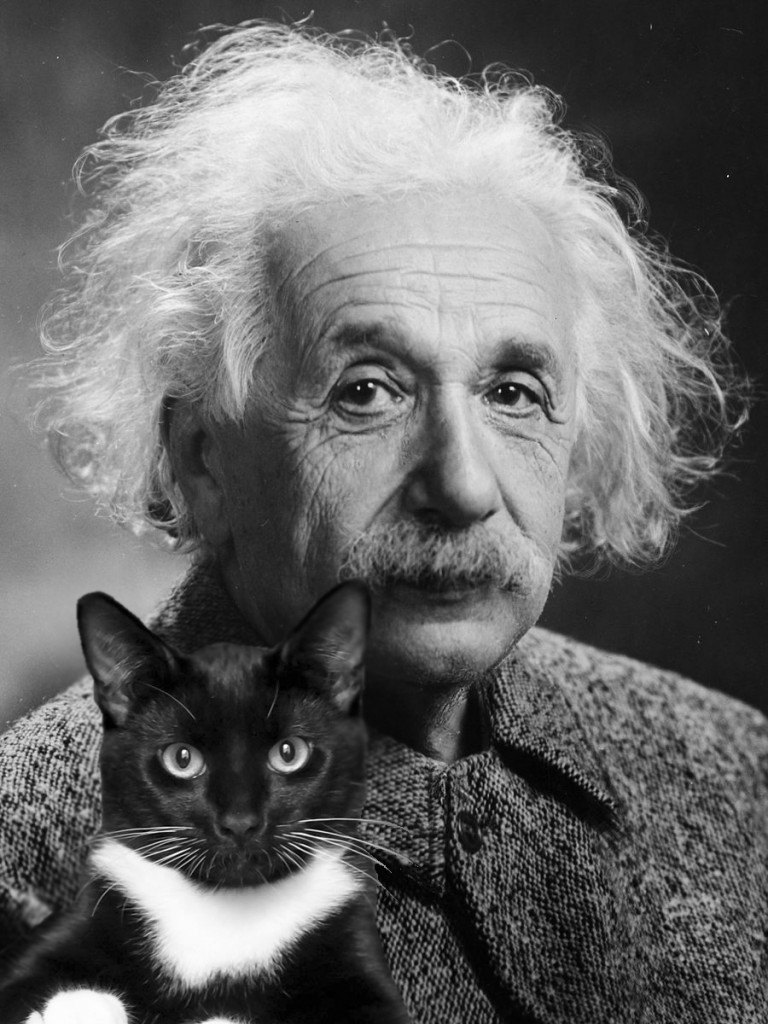Crazy About Cats

 From faraway yesterdays to far out todays, folks have always been fascinated by felines. And so, to tickle the fancy of cat fanciers everywhere, a few of history’s tastier tidbits.
From faraway yesterdays to far out todays, folks have always been fascinated by felines. And so, to tickle the fancy of cat fanciers everywhere, a few of history’s tastier tidbits.
George Burns, vaudevillian and comedian, named his cat Willie. Why? His off-the-cuff response: “When you tell a cat what to do, there’s always a question of will he or won’t he.”
Raymond Chandler, author of the Phillip Marlowe detective series, spoke to Taki, his black Persian, as if she was human, referring to her as his secretary because she sat on his manuscripts while he revised them.
British Prime Minister Sir Winston Churchill never ate without his marmalade cat, Jock, often dispatching the servants to find him so that meals could begin. Not only that, but Jock also slept with his master and attended numerous wartime Cabinet meetings.
British author Charles Dickens’s cat, affectionately dubbed the “Master’s Cat”, would snuff out the writer’s candle in order to get his attention.
German theoretical physicist Albert Einstein kept a tomcat named Tiger who tended to get depressed whenever it rained. Einstein’s comment? “A man has to work so hard so that something of his personality stays alive. A tomcat has it so easy; he has only to spray and his presence is there for years on rainy days.”
Actor Jesse Eisenberg not only acts (in real life) as a foster caregiver for needy cats, but he also filmed a public service announcement for the Washington Animal Rescue League, urging viewers to open their homes and their wallets for the sake of all animals in need.
Actor James Franco, a self-confessed cat person, has named his recent cats after characters from the literary world. Examples: Sammy, after Sammy Glick from the novel “What Makes Sammy Run”, and Zelda, for socialite and novelist, Zelda Fitzgerald.
Journalist and novelist Ernest Hemingway shared his Key West home with more than 30 cats, one of them a rare six-toed tomcat, whose offspring still roam the grounds today. “A cat,” he once said, “has absolute emotional honesty. Human beings, for one reason or another, may hide their feelings, but a cat does not.”
Recording artist Ke$ha’s cat, Mr. Peeps, is a star in his own right on social media, while Ke$ha herself served as Humane Society International’s first global ambassador, and continues to speak out against animal testing of cosmetics.
Actress Eva Longoria, chosen as the face of Sheba Feed Your Passion campaign in 2013, loves cats, once telling People magazine, “I always found that I identified with them. Cats are feminine and independent and playful, much like a woman.”
British songwriter Freddie Mercury, founder of the rock group Queen, not only wrote the song “Delilah”, which was released on the album “Innuendo”, for his favorite tortoiseshell, Delilah, but when on tour, would call London to talk to all of his cats.
British physicist Sir Isaac Newton, who described the principle of gravity, also invented the swinging cat door for the convenience of his many cats.
Singer songwriter Katy Perry, known for being a cat fanatic, owns a cat called Kitty Purry. During one of her tours, she missed him so much that she asked her staff to find her a kitty surrogate to keep her company.
French-German philosopher and physician Albert Schweitzer, who was left-handed, often wrote prescriptions with his right hand because he didn’t want to disturb his cat, Sizi, who liked to sleep on his left arm.
British playwright and composer Andrew Lloyd Webber’s 6-month-old Turkish Vant, Otto, wiped out the score of his sequel to “Phantom of the Opera” in 2007. “I was trying to write some new music,” recounts Webber, “when Otto got into the piano, jumped onto the computer, and destroyed the entire score in one fell swoop.”
British author H.G. Wells’s cat, Mr. Peter Wells, was famously known for getting up from his chair, protesting vehemently, and stalking out of the room if a guest had been speaking too loudly or too long.
